Kenneth Ize has had a very good year. Back in February, during an electric evening at Chez Flo, where the designer was the guest of honour, he told me: ‘I still can’t believe this is happening.' As he talked, alternating people slid their arms around his waist, shoulders and torso to give him all manner of congratulatory hugs, squeezes and air kisses. Now, congratulations are once again in order because he’s just been honoured at the Fashion Awards, which this year is recognising the work of designers across four distinct categories: community, creativity, environment and people. His work with the communities of weavers, artisans and design groups across Nigeria, as well as his support of local craftsmanship through his factory in Ilorin, are just two of the reasons why he is helping to put Africa on the fashion map.
'I knew I wanted to work with the community and bring this back to Africa’
To the average person, Ize is an unknown. But to the fashion insider he is one of the industry’s brightest, most beloved new stars. Anna Wintour name-checked him in a video with Rihanna, while a panel of fashion titans from Louis Vuitton’s Nicolas Ghesquière to Dior’s Maria Grazia Chiuri selected him as a finalist for the LVMH Prize, which has become the fashion industry’s most prestigious Ones To Watch list. He's also one of 10 finalists for the International Woolmark Prize. And career-making retailers, such as Browns Fashion, which hosted the Chez Flo dinner, back in February, have committed to promoting his work. ‘When we laid eyes on his collection back in March we instantly knew it would resonate with our customer,’ says Ida Petersson, menswear and womenswear buying director of Browns. ‘He has an amazing talent for pattern cutting which, combined with the intricately woven fabrics he uses and his determination to work with artisans from his native Nigeria, makes the collection irresistible.

Ize’s standout tailoring appeals to women and men in equal measure. His collections are largely hand-made using an intricate, centuries-old technique. He sits at the cross-section of a handful of major shifts happening right now: the rise of African fashion from the fringes to the luxury world, an industry-wide awareness of fashion’s lack of diversity, the embrace of gender fluidity and the ever-pressing conversation around sustainability. Ize’s story speaks to all of these things and, asa result, to the future of luxury. The reality isn’t lost on him. ‘I want my work to create value around what we already have [in Africa.] My work raises the question, “What is luxury and who defines it?”’, he says over the phone from his studio in Vienna.
But a career in fashion wasn’t originally on the cards. ‘I’d see black models on TV but I never saw interviews with black designers. So I thought you couldn’t even get a job doing this.’ He decided to enrol in the University of Applied Arts, in Vienna, where he studied under Hussein Chalayan and Bernhard Willhelm, two men known for their innovative, experimental approach to design. But it was a New York internship with the label Edun, founded by Bono and Ali Hewson as a sustainable ready-to-wear line to promote trade with Africa, that inspired his decision to start his own label, and root it in Nigeria. Born in Lagos in the early Nineties, Ize grew up between Nigeria and Vienna in a household of fashion lovers. ‘Fashion was always a necessity. My parents loved clothes so much, they believed in the power of appearance. That made my brother and I have an interest in it. I remember my childhood through the clothes,’ he explains. ‘In Lagos, we have fabric stores on every corner. We go to occasions and dress up every day. And we make our clothes, bespoke pieces all the time.’
‘I’m pushing my identity and letting people know that the clothes are from somewhere. The people who made these clothes are from Africa.’
‘That’s when I knew I wanted to work with the community and bring this back [to Africa],’ he says of his decision to launch his business with an environmental and community-driven approach. ‘I’m pushing my identity and letting people know that the clothes are from somewhere. The people who made these clothes are from Africa.’ Specifically, they are a small group of weavers who make Aso Oke (in Yoruba it means ‘top cloth’), a traditional fabric worn on special occasions. The textile takes time and care to make; a single piece of outerwear, all in all, takes nearly two weeks to create.
‘A coat takes about six yards of fabric,’ he explains. ‘And one yard of fabric takes a day and a half to make. The market of weaving is growing the knowledge and at the same time pushing the craft.’ In the three years he’s been in business, Ize has introduced Aso Oke to not only a younger generation of Nigerians, attracting a wave of new artisans to the craft, but also a global audience of consumers. As demand for his clothing grows, he has the resources to hire and train more artisans in the art.

Meanwhile, the people who buy his clothes (he launched his eponymous label as a men’s line, but women now buy 70% of it, inspiring him to create one collection for both) get a uniquely timeless piece they won’t see on anyone else due to the simple fact that no two Aso Oke pieces are identical. That is the beauty of handcraft. That is also luxury, a concept that many only associated with the maisons of Paris and Italy. But a wave of activity has proven otherwise.
In the past five years, the organisers of Lagos Fashion Week, where Ize first launched his collection, have actively begun promoting its homegrown talent abroad, and wooing editors from Vogue, i-D, The New York Times, and more in the process. Meanwhile, Naomi Campbell, a champion of Ize’s work, has put Nigeria’s ARISE Fashion Week – another closely watched platform for African designers – on the global map. Earlier this year, Maria Grazia Chiuri staged her Dior cruise show in Morocco using the collection, which featured wax cloth made in partnership with artists from throughout the African diaspora, to make the point that luxury exists on the continent and is worth paying attention to. Months later, it was the young African designers, finalist Ize and South African winner Thebe Magugu, who generated some of the most buzz around the 2019 LVMH Prize.
To Ize, the idea of luxury is inextricably linked to sustainability and questions of supply chain. ‘Luxury isn’t something that should make someone less human. The people who are making these products, do they understand the product they are making? That’s how craftmanship should go and those are the questions we should be asking. That’s what I want to achieve.’ He hopes to influence the way clothes are viewed and solidify Africa as a destination for high fashion. ‘I want these clothes to bring a different level of understanding of the people who make them. I want my work to improve a culture and an identity. I want people to wear my clothes and think, “Nigeria, I’d like to go there.”
SHOP: The Best Black-Owned Businesses To Support Now
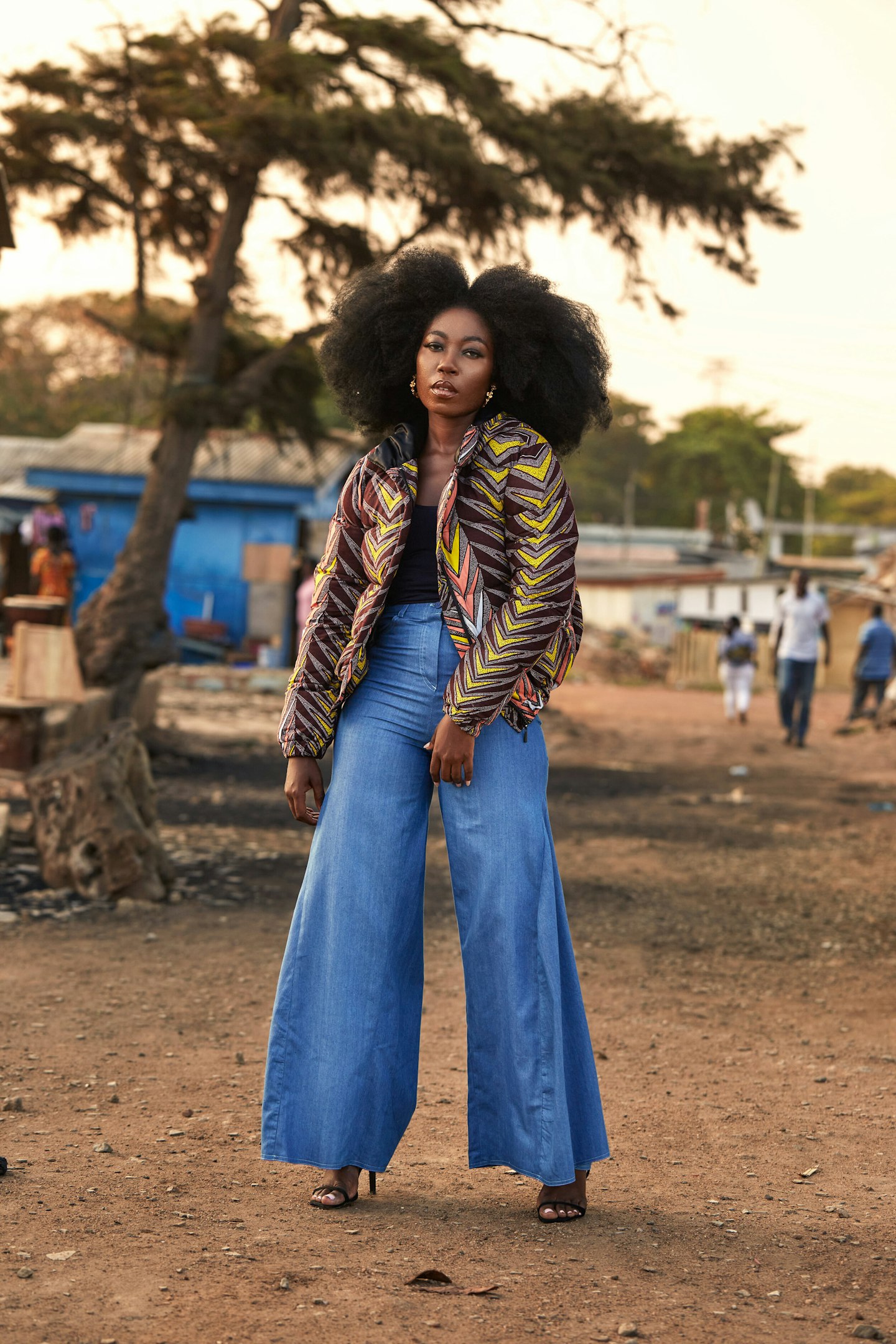 1 of 23
1 of 23SIKA, Maliah Puffer Jacket, £215
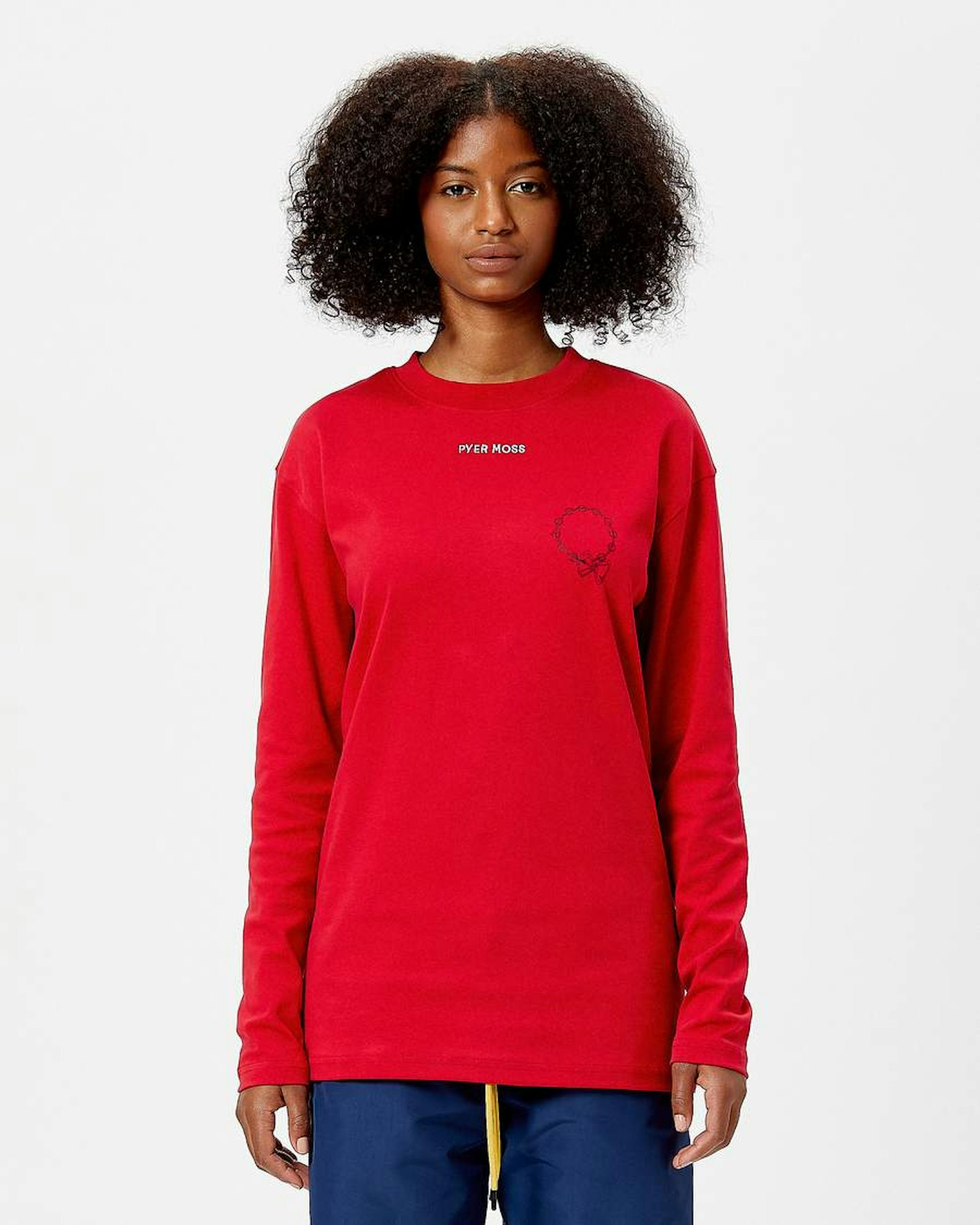 2 of 23
2 of 23Pyer Moss, Sister Long-Sleeve Tee, £128
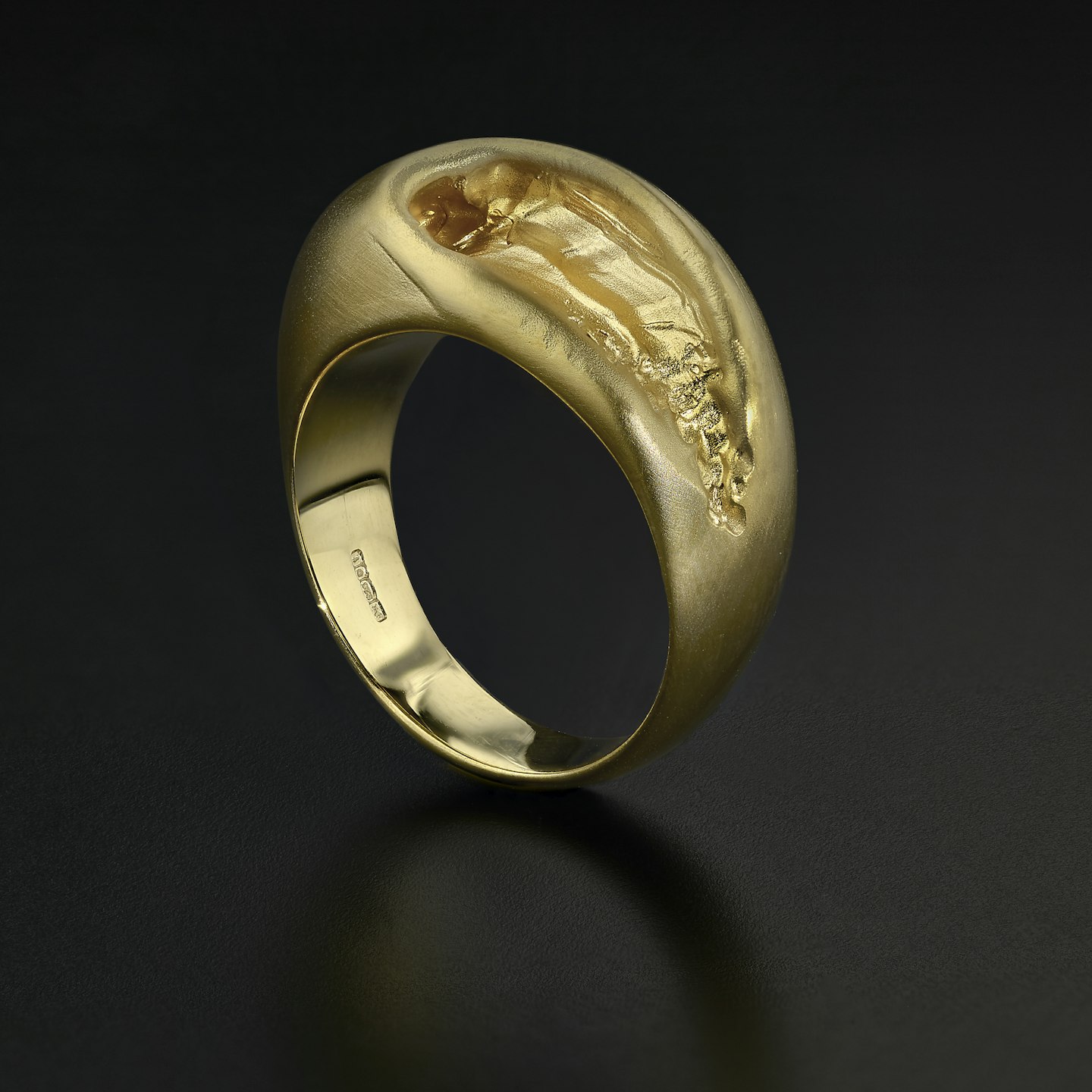 3 of 23
3 of 23Emefa Cole, Tube Ring, £800
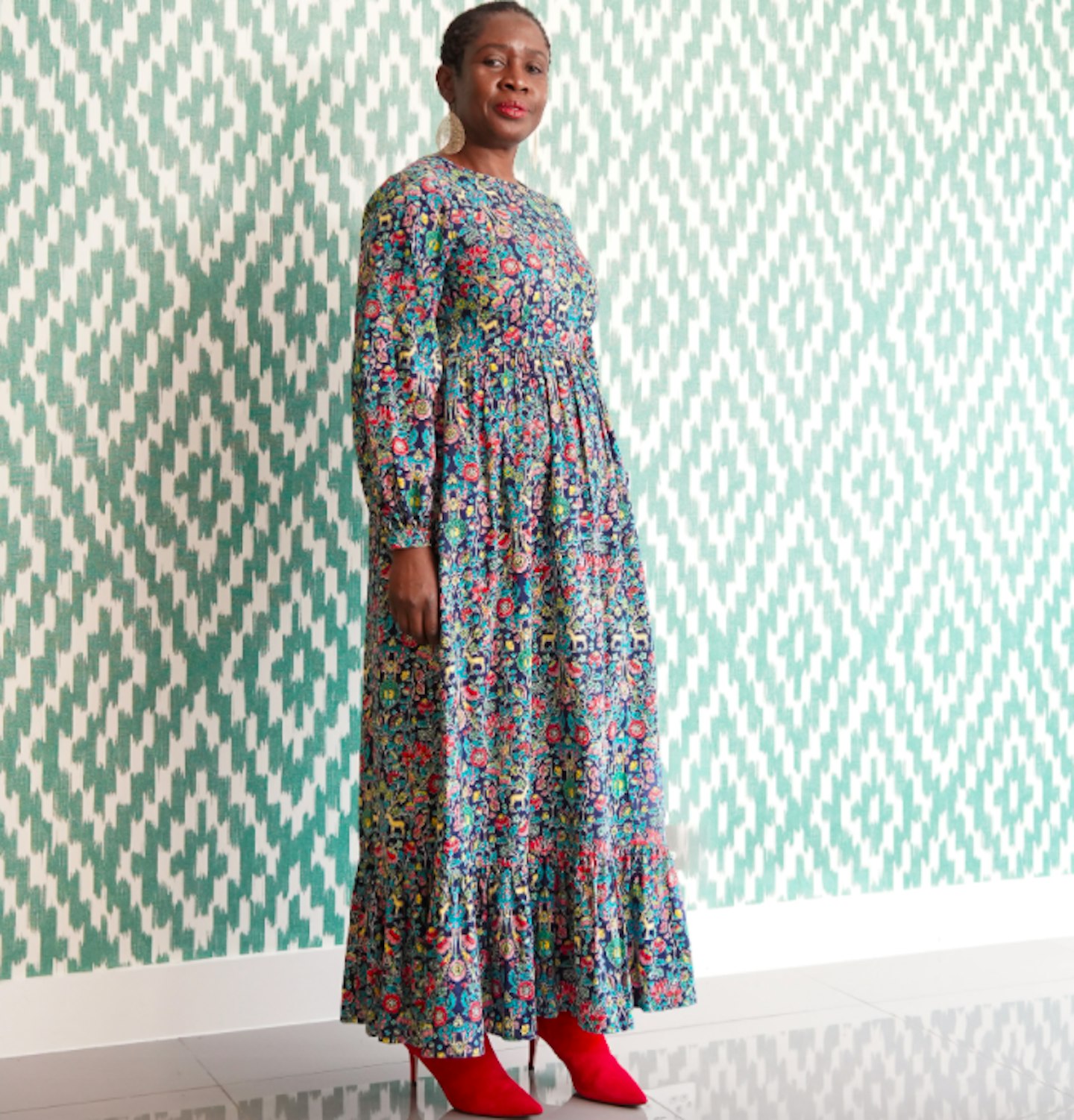 4 of 23
4 of 23Kemi Telford, Forest Brushed Cotton Maxi Dress, £205
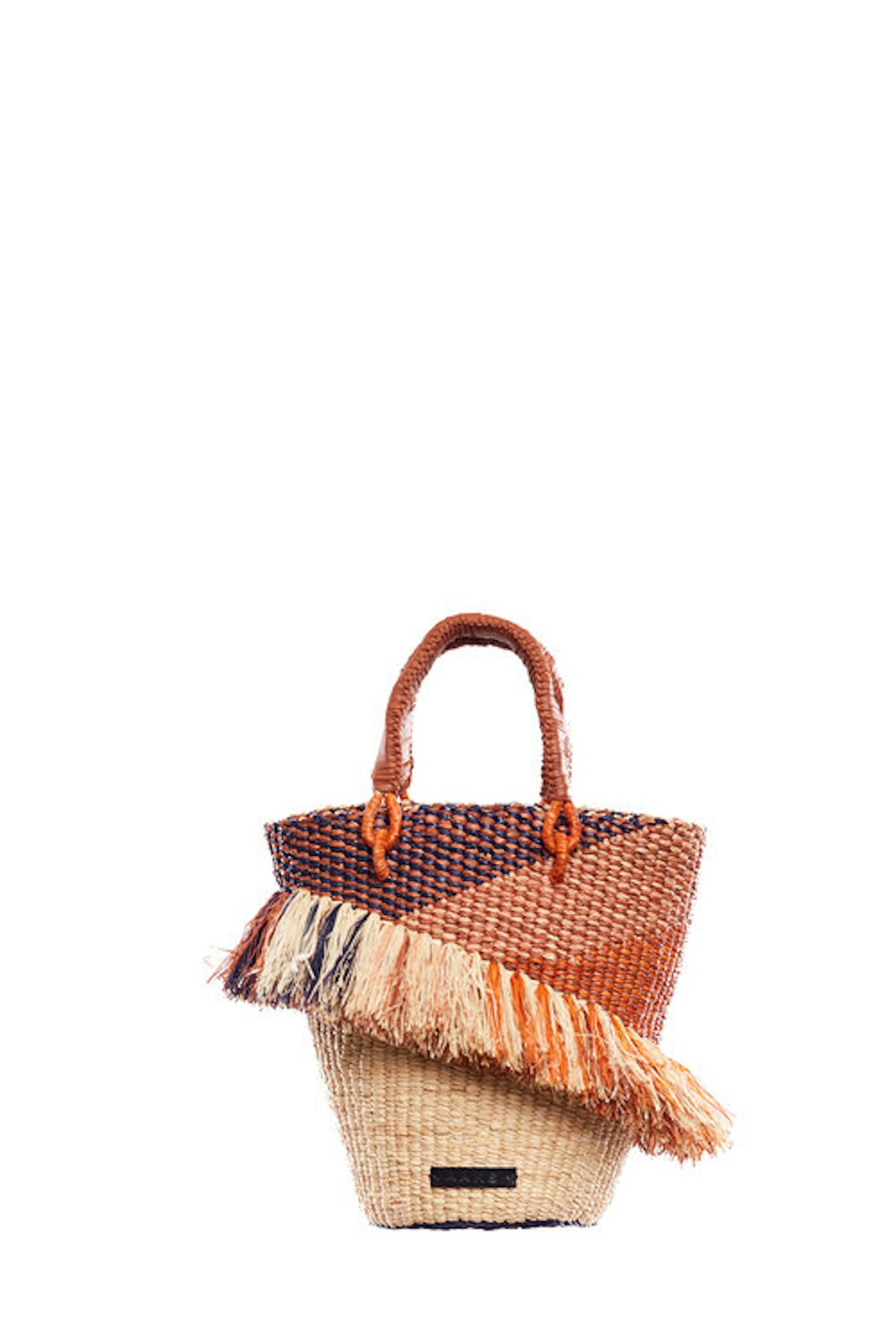 5 of 23
5 of 23AAKS, Tia Ruffle, £165
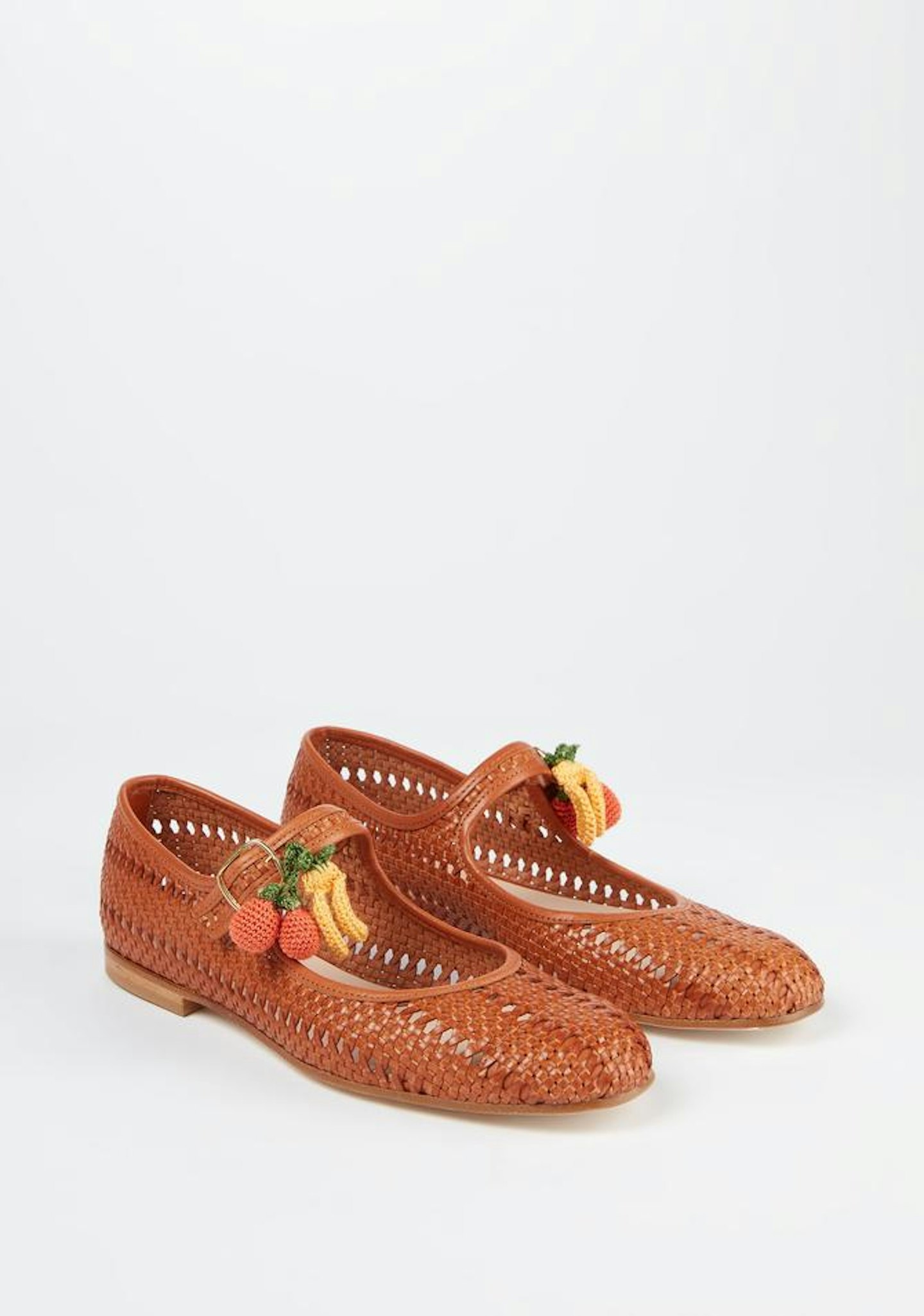 6 of 23
6 of 23Brother Vellies, Picnic Shoes, £545
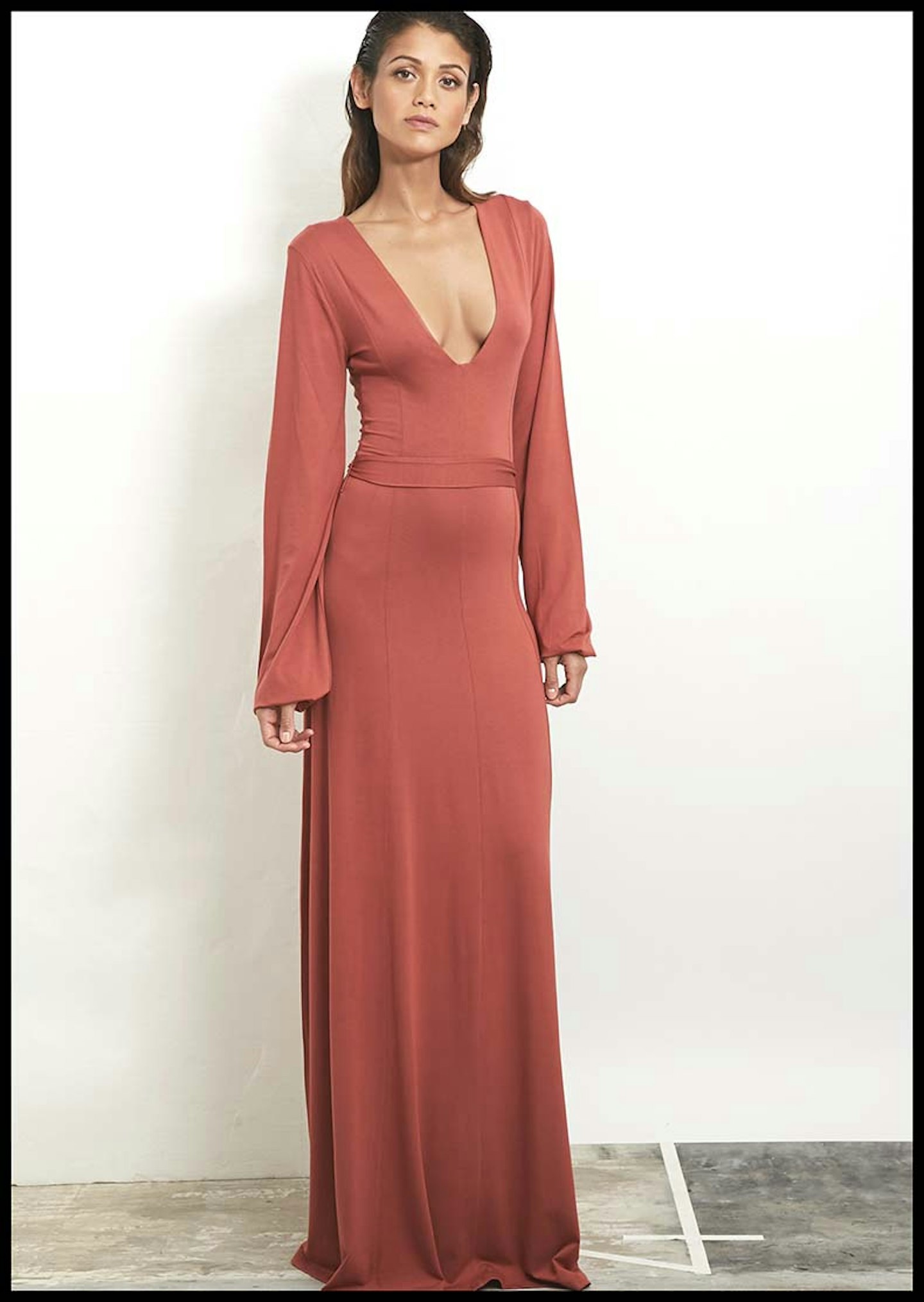 7 of 23
7 of 23TTYA, Plunge Maxi Dress, £20
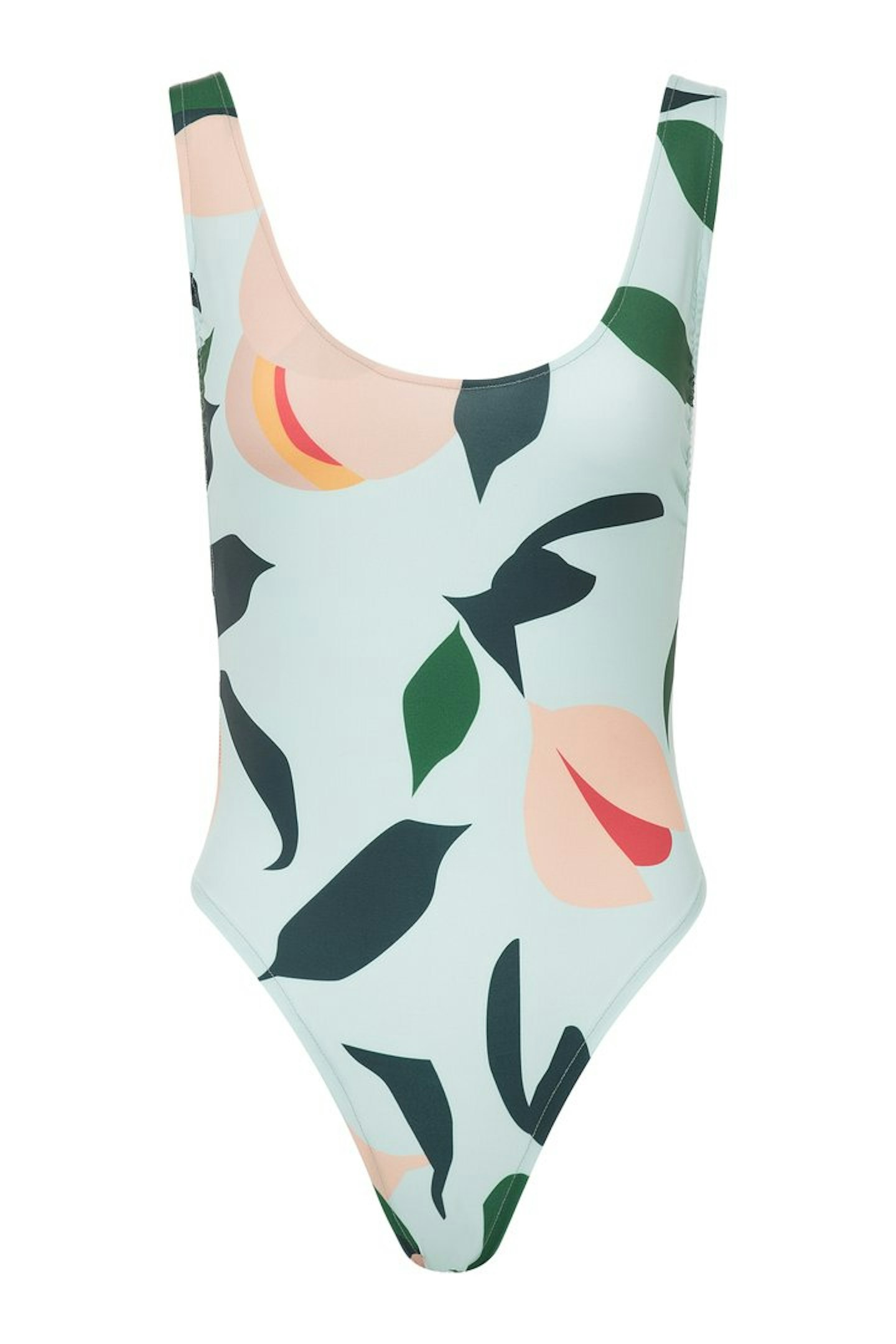 8 of 23
8 of 23Fe Noel, Nutmeg Swimsuit, £134
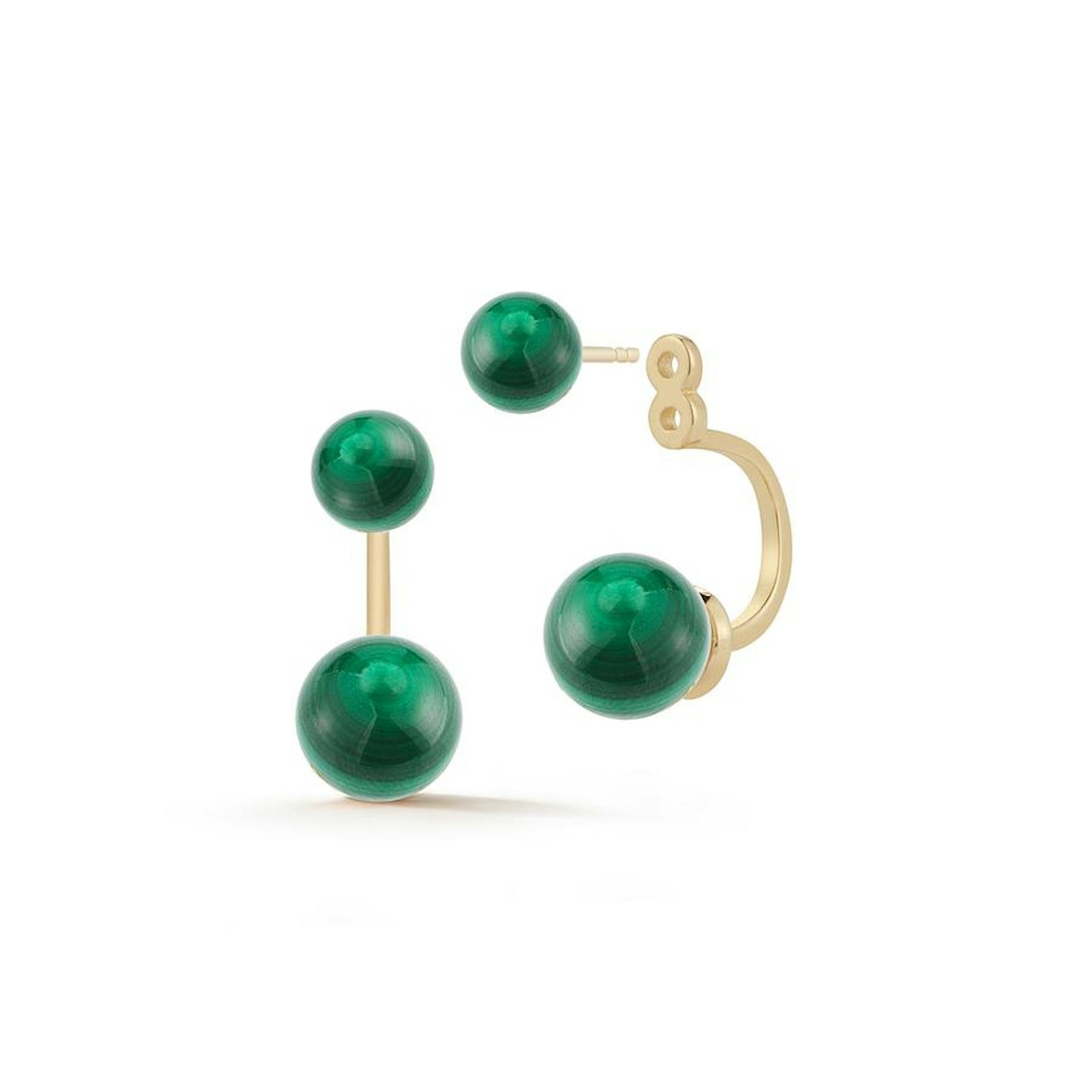 9 of 23
9 of 23Mateo New York, 14K Gold Malachite Ear Jackets, £439
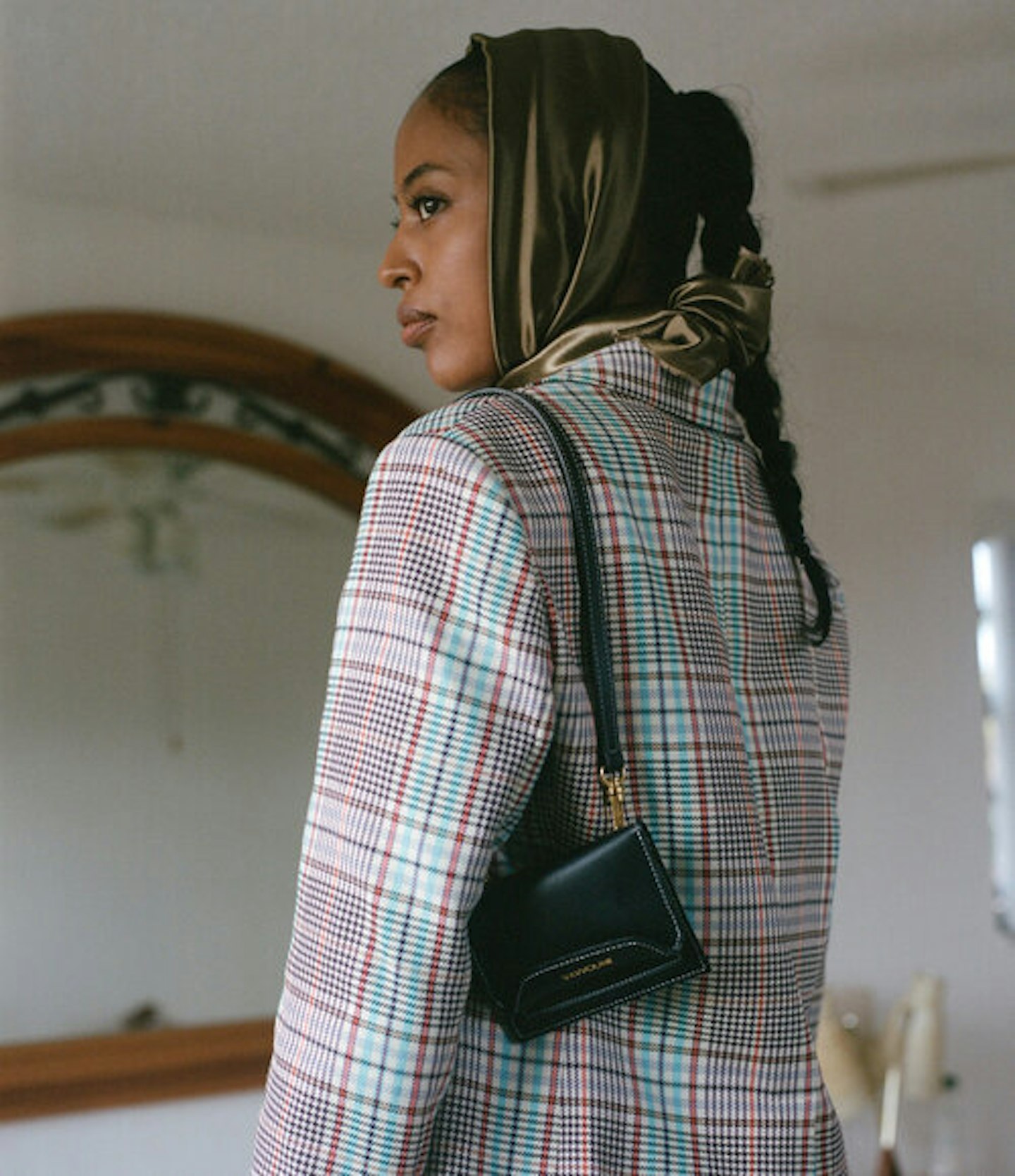 10 of 23
10 of 23Vavvoune, USRA Wallet, £153
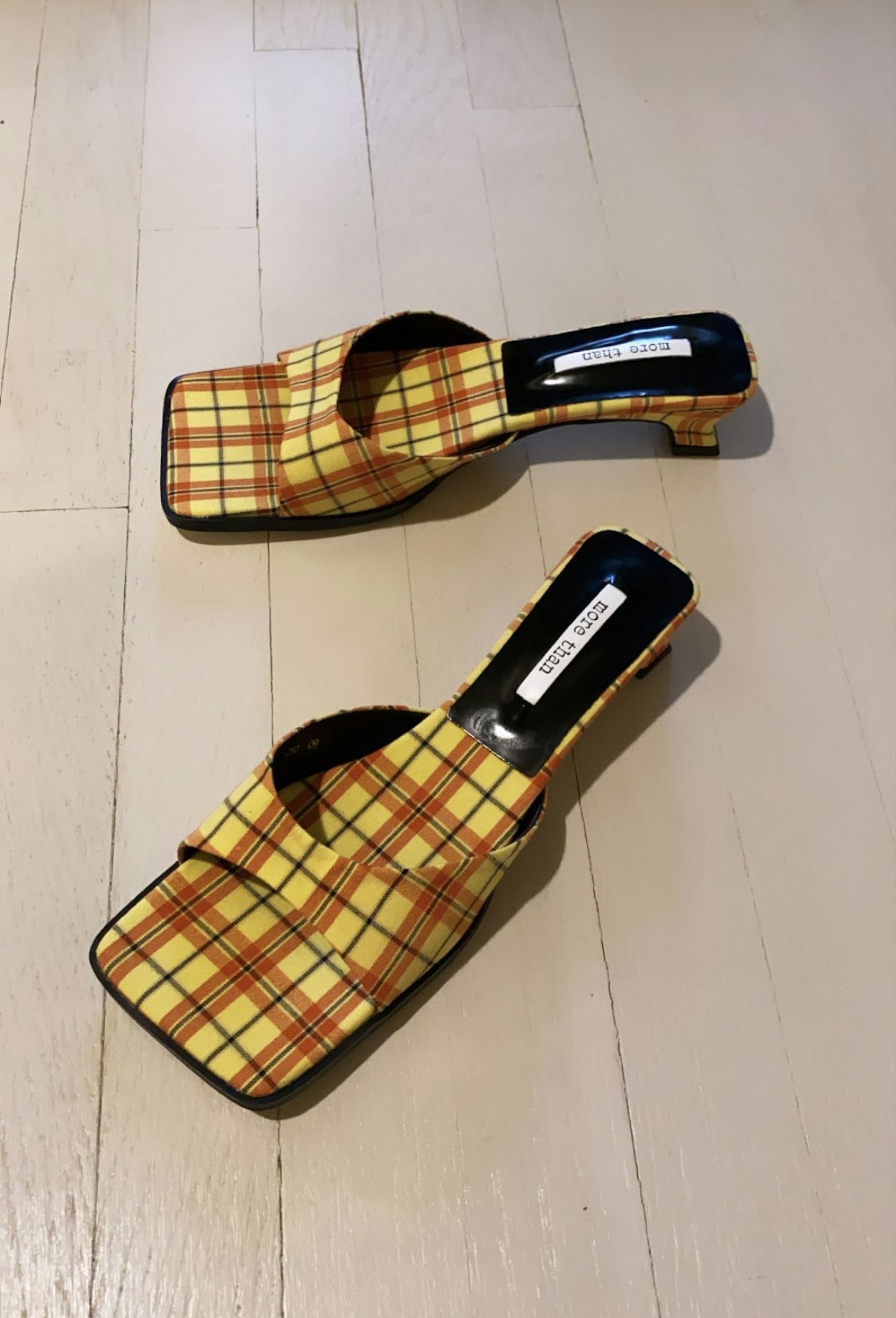 11 of 23
11 of 23More Than, Nikki Plaid Slides, £72
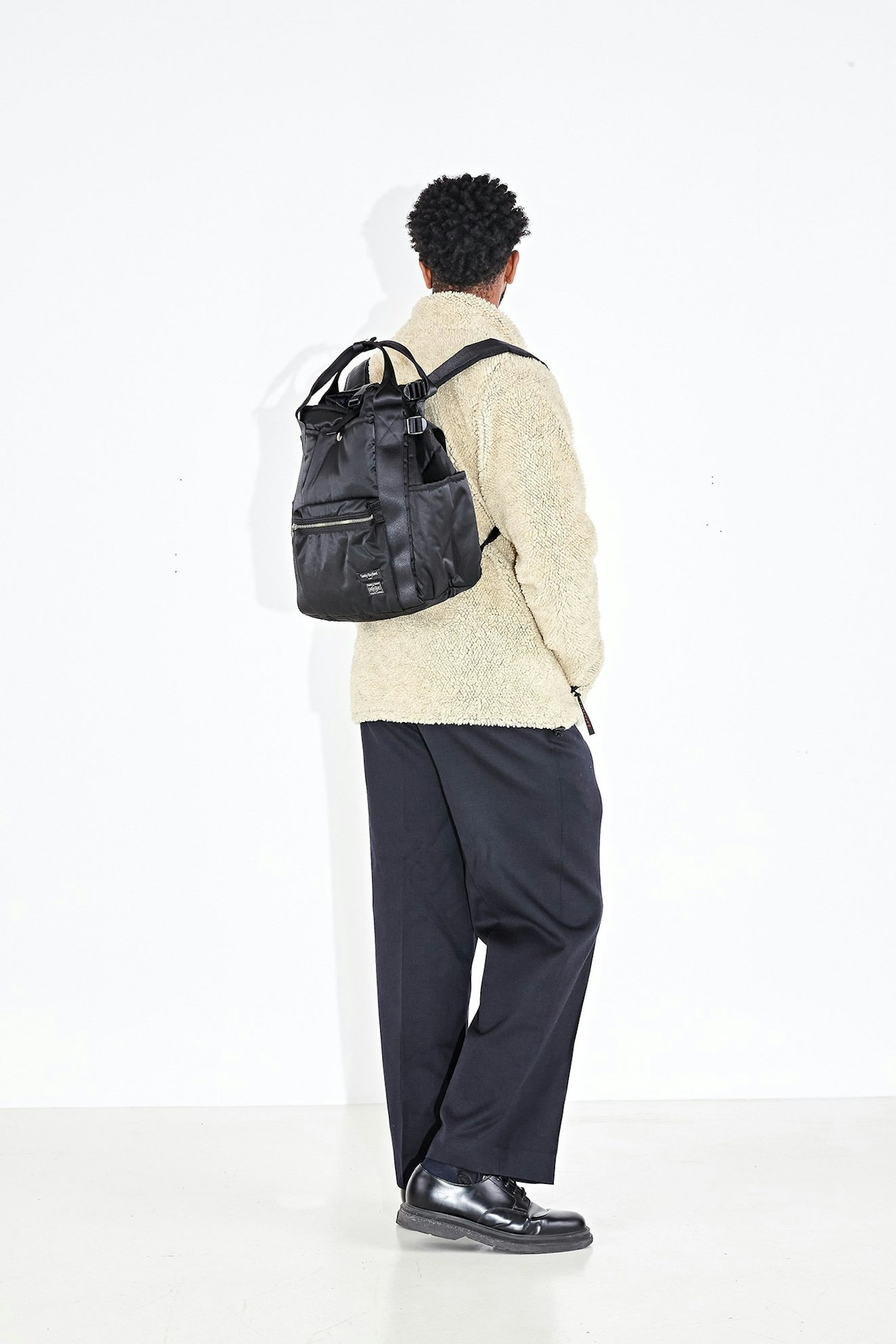 12 of 23
12 of 23Casley-Hayford, Union Rucksack, £395
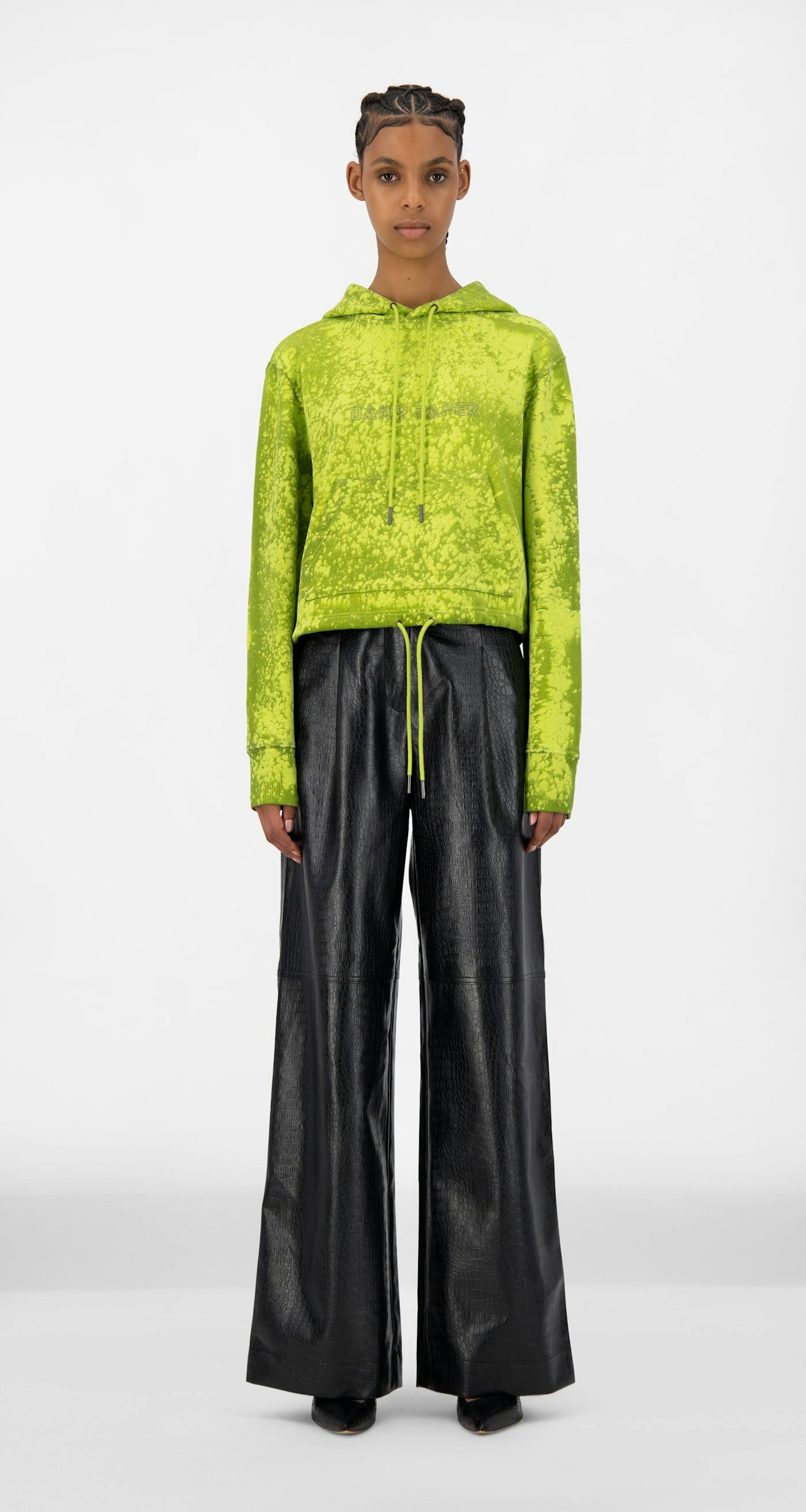 13 of 23
13 of 23Daily Paper, Acid Lime Jowa Hoodie, £139
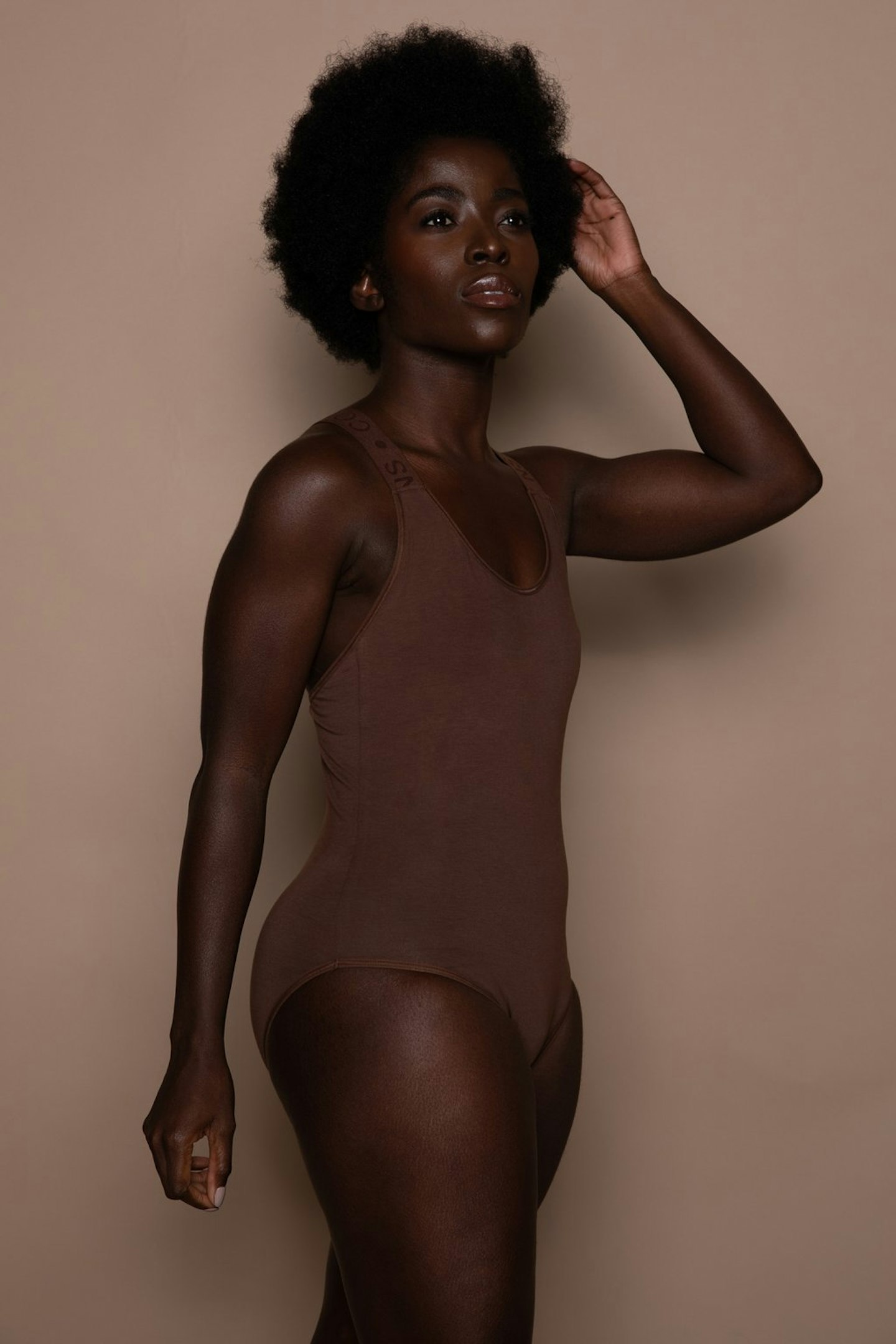 14 of 23
14 of 23Nubian Skin, Bodysuit, £39.50
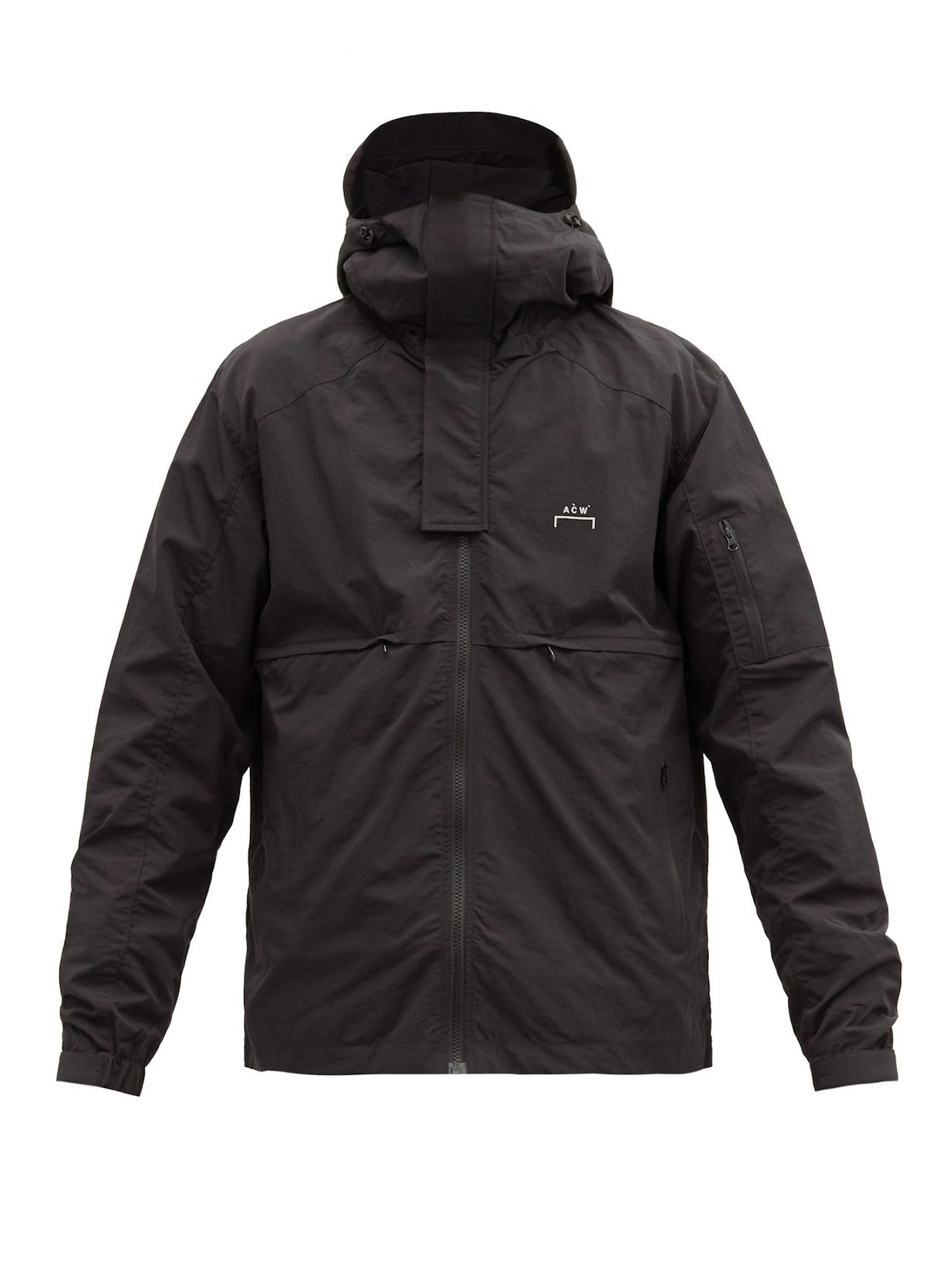 15 of 23
15 of 23A-Cold-Wall*, Storm Compass-Pocket Hooded Jacket, £335
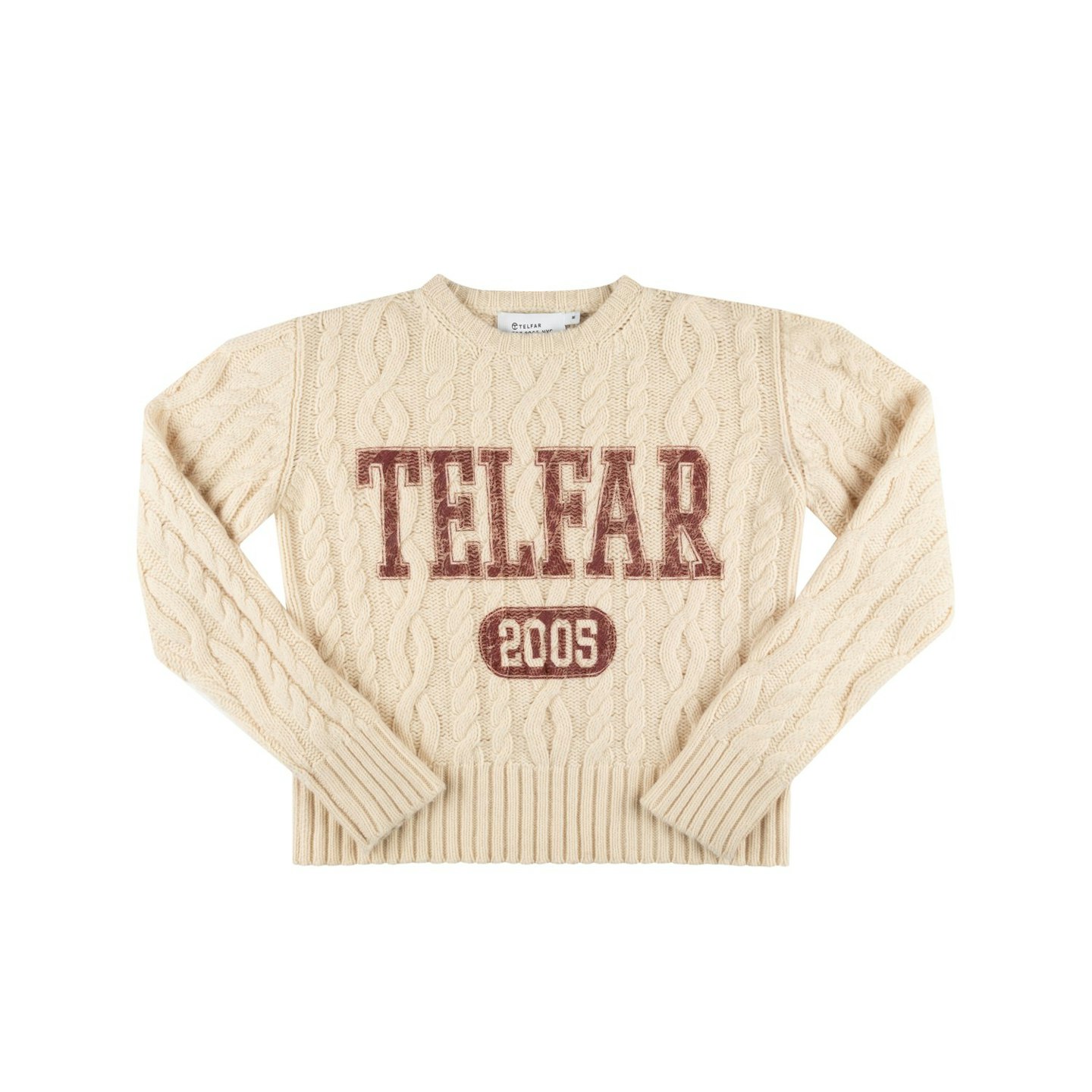 16 of 23
16 of 23Telfar, Cable-Knit Thumbhole Sweater, £329
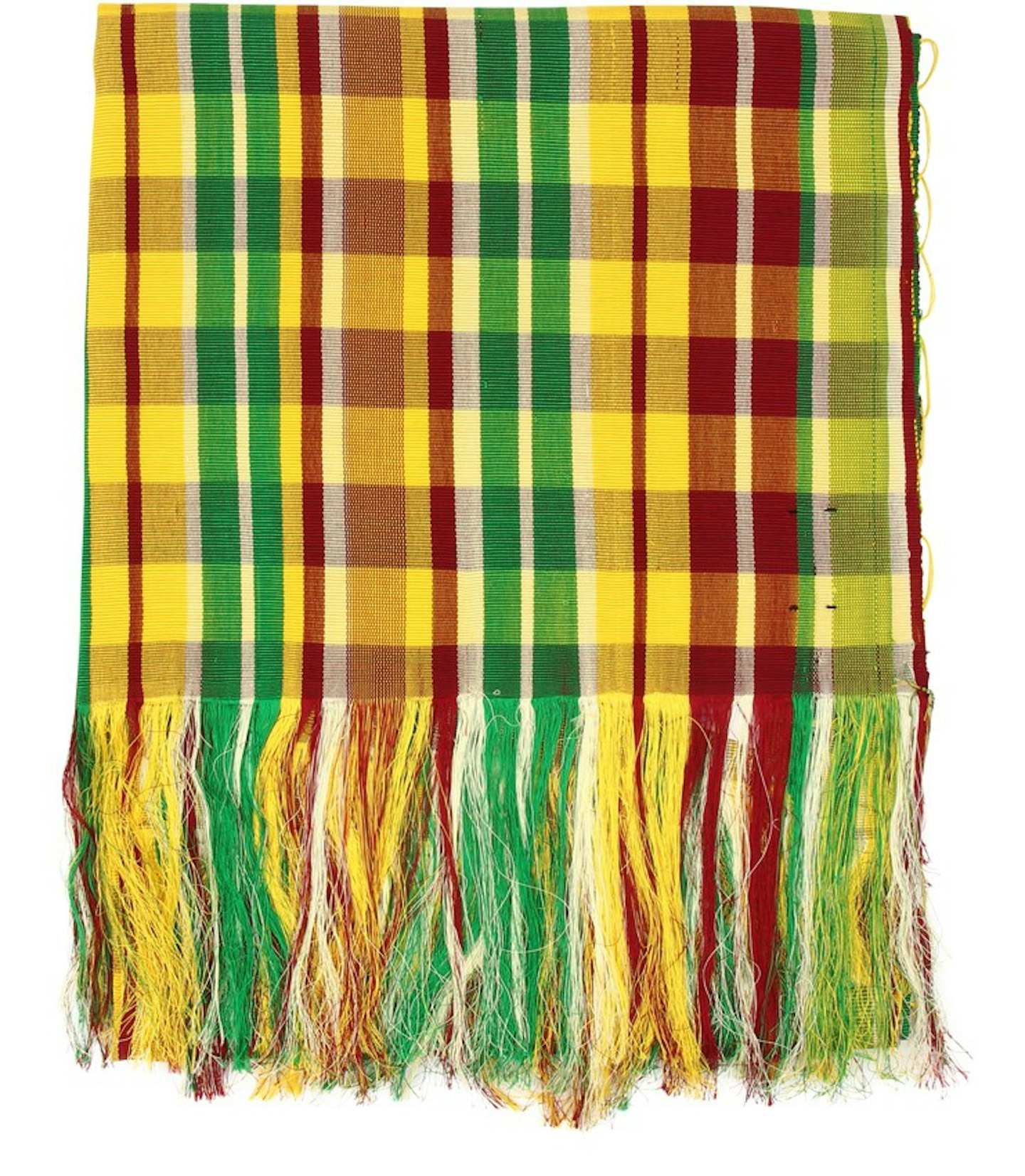 17 of 23
17 of 23Kenneth Ize, Handwoven Scarf, £240
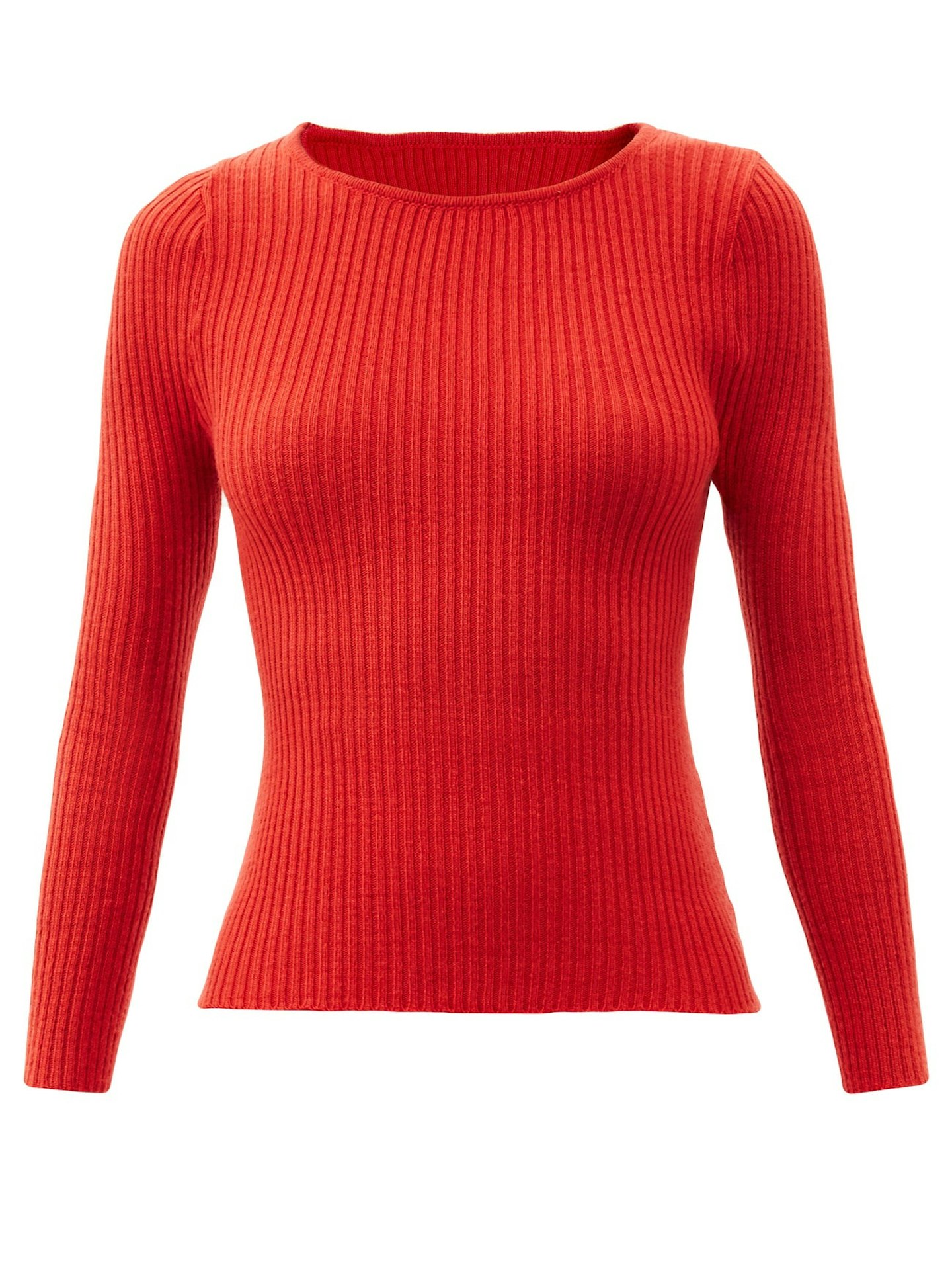 18 of 23
18 of 23Thebe Magugu, Boat-Neck Ribbed Wool Sweater, £265
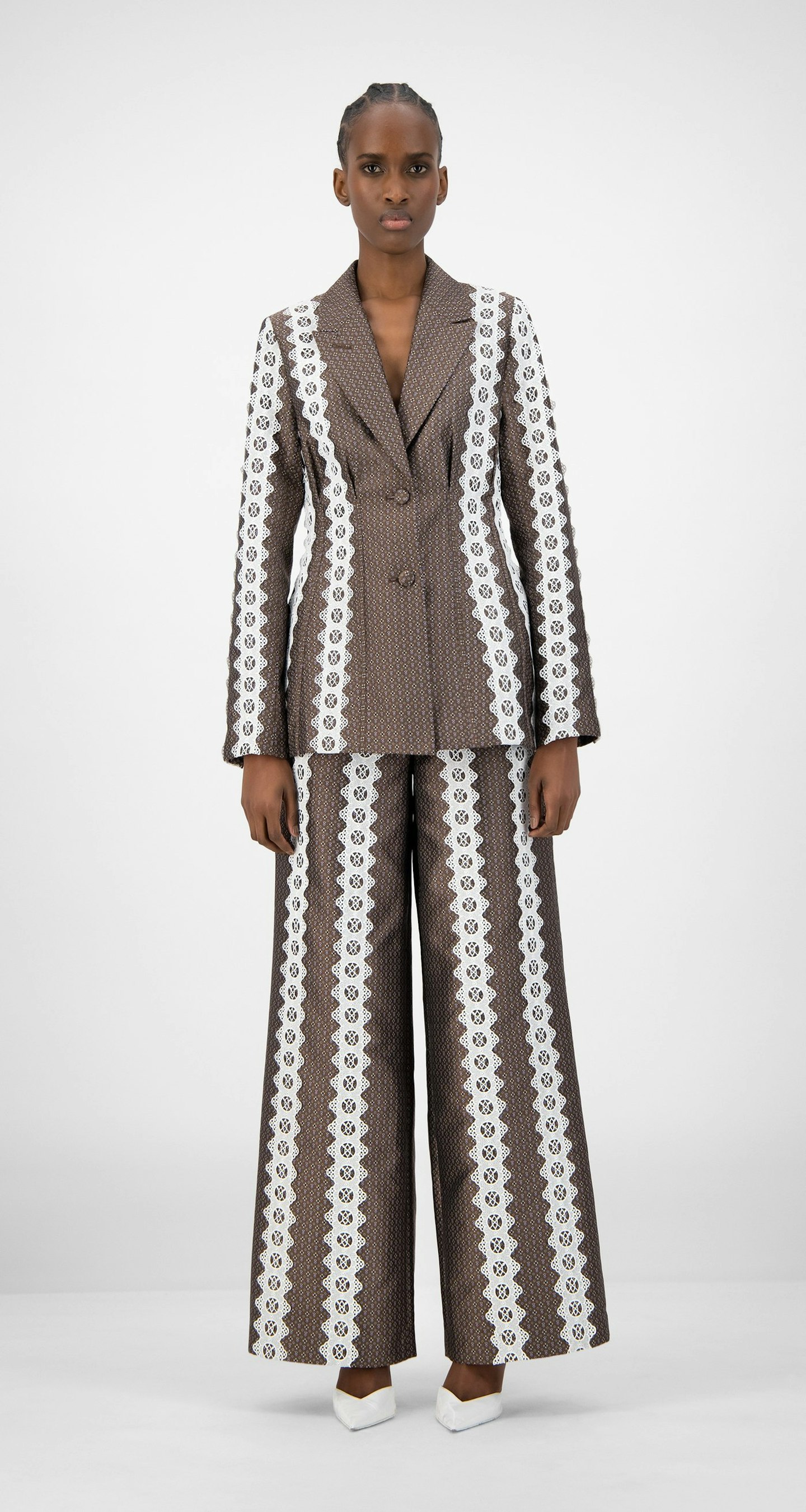 19 of 23
19 of 23Daily Paper, Brown Kazira Blazer, £285
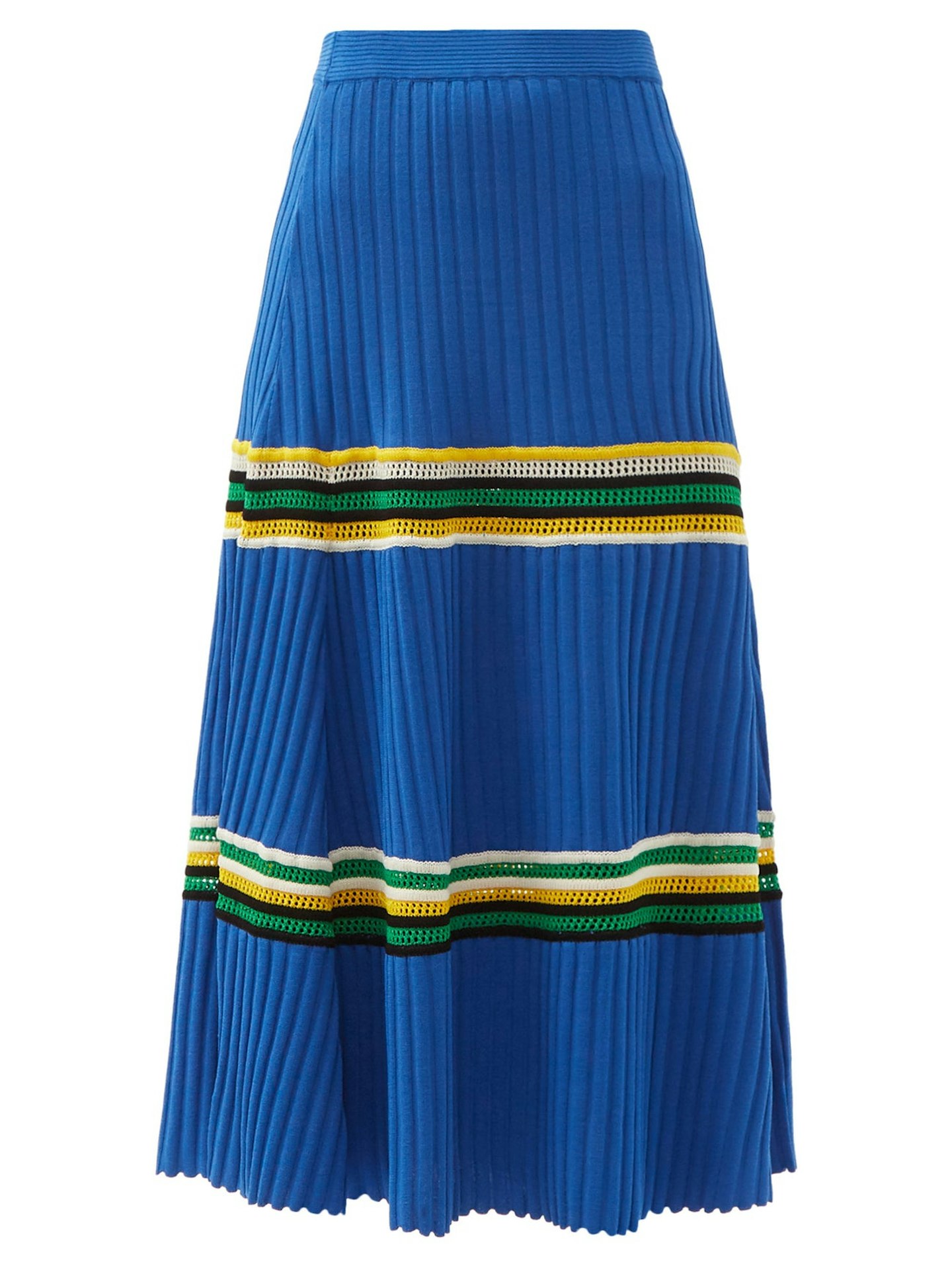 20 of 23
20 of 23Wales Bonner, Saint Ann Crochet-Panel Rib-Knitted Skirt, £450
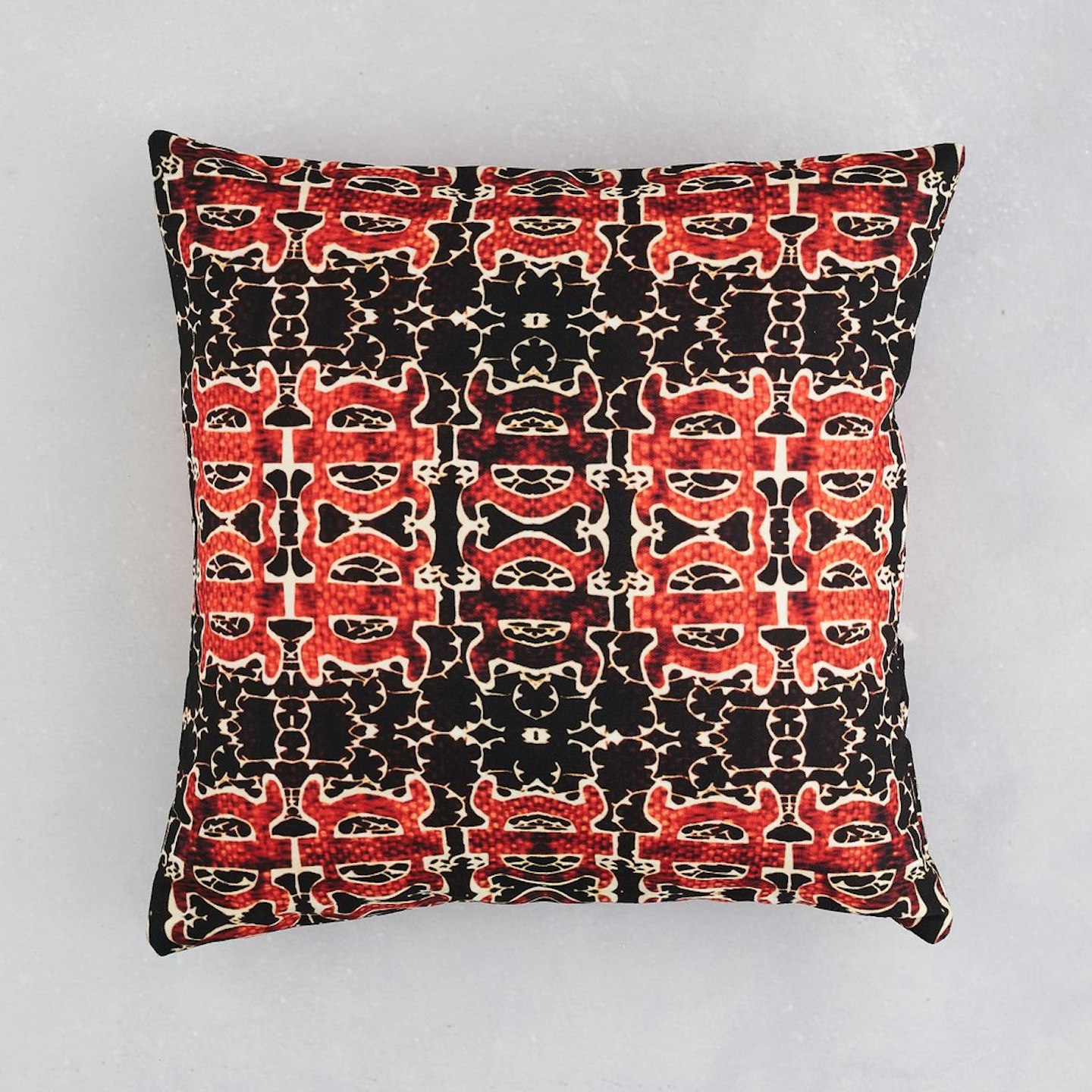 21 of 23
21 of 23AK Wilde, Adinkra African Print Cushion, £37
 22 of 23
22 of 23Martine Rose, Jersey Funnel-Neck T-shirt In White, £135
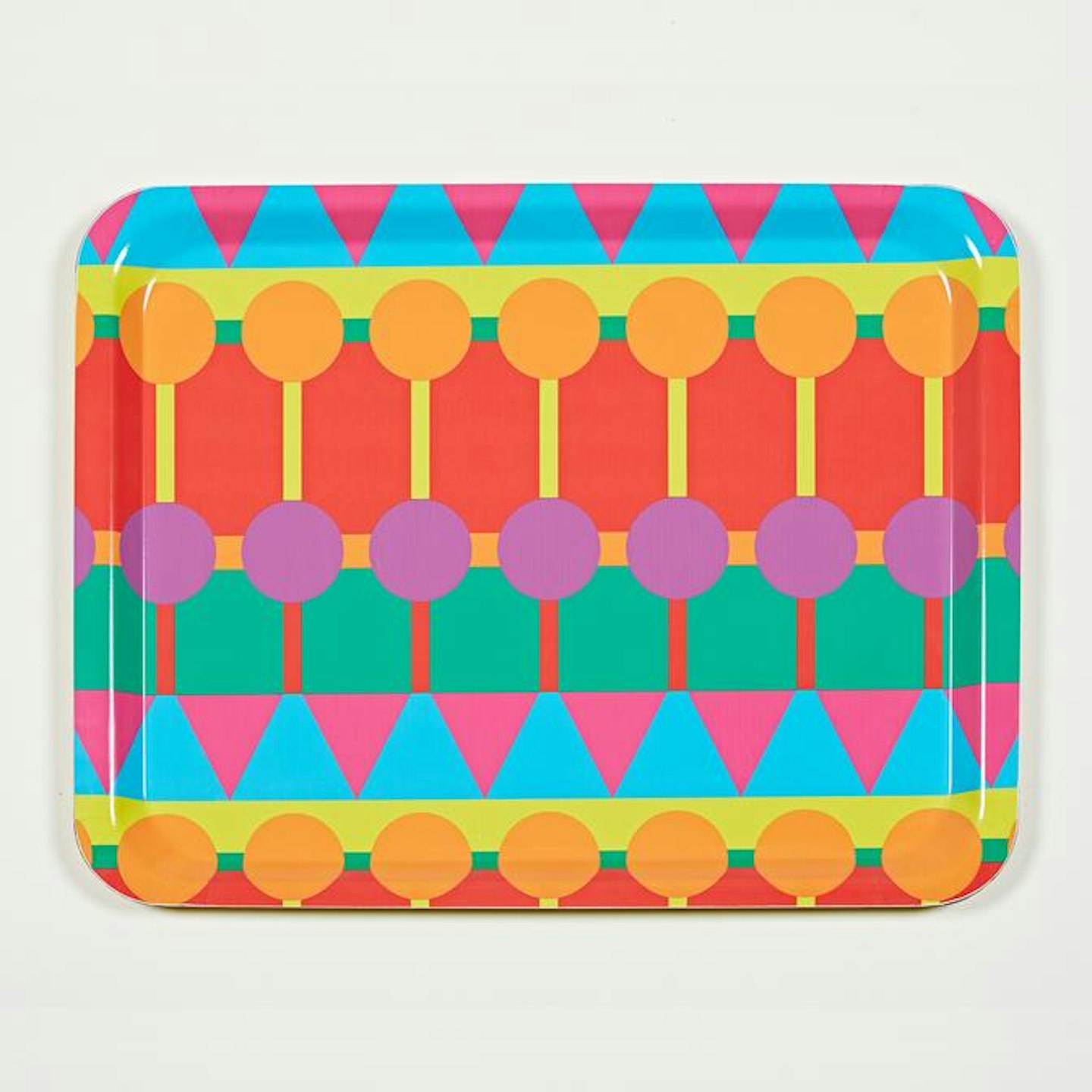 23 of 23
23 of 23